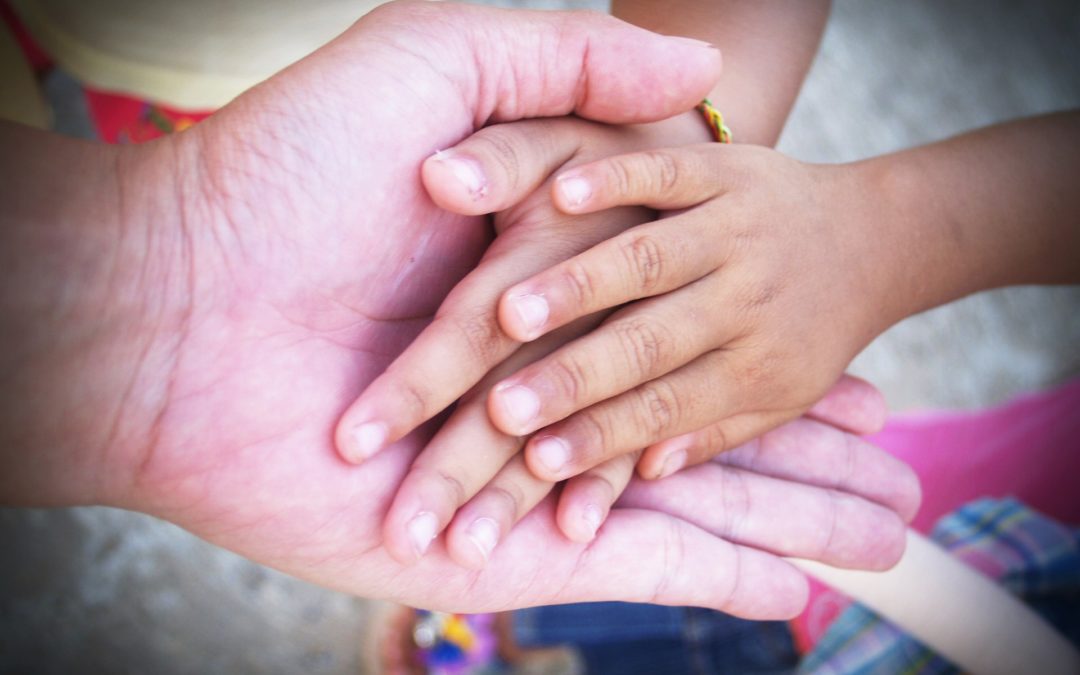
So many people who come to our practice tell us “in passing” that they have caring responsibilities for a child or adult with special needs or disability. Some are at the stage of their life when they are caring for children and an elderly parent or parents. Caring for both kids and parents puts you squarely in the camp of the sandwich generation.
What is surprising is that, for the most part, there isn’t a recognition that caring is often a stressor in its own right. There is strong and consistent evidence that carers are at risk of mental health problems such as depression. Carers, particularly new parents of children with special needs, can feel disconnected from friends who don’t understand their experiences and are at risk of becoming socially isolated.
Caring can strain marital relationships, and often leads women (who for the most part have primary responsibility for care) to either leave paid employment or accept lower paid casual jobs that offer the flexibility they need. It’s not surprising that families including a person with disability typically experience financial hardship.
Hold on! This sounds like a very negative picture and doesn’t match what we hear when talking to families. Fortunately, there are some researchers who are starting to document the potential for caring to lead to positive outcomes for individuals and families.
Children with disabilities are children after all – and of course can be a source of love and joy. Parents frequently note that siblings who may miss out on their attention, can benefit from learning to become self-sufficient and are typically more empathic and accepting of difference than their peers. Parental relationships, though tested by the stress of caring, can also become strengthened by shared experiences. Many say that caring has led to profound changes to attitudes and beliefs about life. For some, it can point to a career direction they had never previously considered.
Hints for carers:
* Recognize that caring can be stressful and don’t fall into the trap of de-prioritising your own needs – after all, you can’t care if you are not well enough to do so!
* Accept that you are likely to experience a range of feelings – sadness, anxiety, anger and happiness – and that these may happen at the same time. Grief is a close companion for many carers. If your emotions become troubling, seek out professional help. The team at Attuned Psychology are experienced in supporting people with care responsibilities.
* Build your social supports – help your family and friends understand what you are experiencing. Invite grandparents to come to appointments with doctors or to learn how to undertake therapies with your child. Be open to finding new friends who can share your experiences.
* Consider options for respite, even if you are feeling uncomfortable with this. Teach others what is needed so there will be someone to call on if you are unwell or need a break. Think carefully when establishing your child’s NDIS plan – consider how your goals for your child’s independence may align with your goals for respite.
* Be open to the positives of caring. There will be things to learn and new experiences that may shape your life, and that of those close to you, in unexpected but valuable ways.
The 7th International Carers Conference in Adelaide, hosted by Carers Australia will be held in Adelaide from 4-6 October 2017. Dr. Angela Crettenden from Attuned Psychology will be presenting on the challenges of balancing work & care for parents of children with disabilities.
if you are a carer and are struggling with how to navigate this challenging journey, we are here to provide you with support tailored to your situation.
Angela Crettenden
Subscribe to our newsletter Attuned Life
Would you be interested in receiving our occasional newsletter, event information and other useful tips via e-mail?

